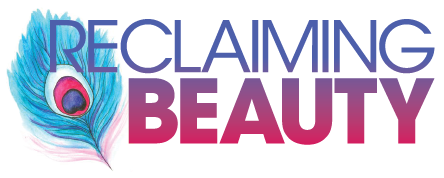iaedp Atlanta Continuing Education Series 2020
Beauty, Embodiment and Image as Healing Agents in Eating Disorder Recovery
iaedp Atlanta Continuing Education Series 2020
Friday August 21, 2020
Virtual Seminar
10am- 12pm
Our relationship with food and our bodies will transform on a deep level only when we address underlying issues related to beauty, embodiment and image. Beauty is a social justice issue that invites us to expand our definition of worth from the current cultural definition to one that embraces a more soulful definition and challenges internalized self-objectification, prejudice and oppression. Embodiment is a process of learning to inhabit ourselves from the inside out rather than from reflecting on it from the outside. Developing an understanding of our nervous system and building interoceptive skills gives us tools to develop a more capable relationship with our body and ourselves. Image supports us in challenging ways we have been inaccurately mirrored by caregivers, loved ones, or society, and allows us to reclaim a clearer seeing of ourselves.
In this presentation, we will explore these three elements of healing in the eating disorder recovery process, how they relate to eating disorder behaviors, and learn experiential strategies to work with each element. We will explore the neurobiology of shame, how it relates to beauty, embodiment and image, and discover how working with these three elements supports healing the shame that perpetuates eating disorder behaviors.
Learning Objectives:
1. Develop an understanding of beauty as a social justice issue
2. Explain the importance of embodiment rather than body image in eating disorder recovery process
3. Recognize the importance of interoceptive skills in embodiment and eating disorder recovery
4. Identify how eating disorder behaviors are used to manage a dysregulated nervous system related to self-objectification and shame
5. Explain the neurophysiology of shame and learn strategies for supporting clients come out of this state safely
6. Identify how imagery develops new neural pathways of self-compassion and worthiness
7. Explain how developing a relationship with Soul allows us to see ourselves more clearly
Diversity Statement:
Diversity is integrated into this presentation as the shame that arises from internalized self-objectification, created from prejudice and oppression, is one of the main factors related to a person’s disconnection from a sense of their beauty, from their embodiment, and from their ability to see themselves clearly. Factors that cause people to objectify one another include age, race, sexual orientation, religion, gender identity, culture, dis/ability, socioeconomic status, and appearance, and all of these influences will be addressed in this presentation.

